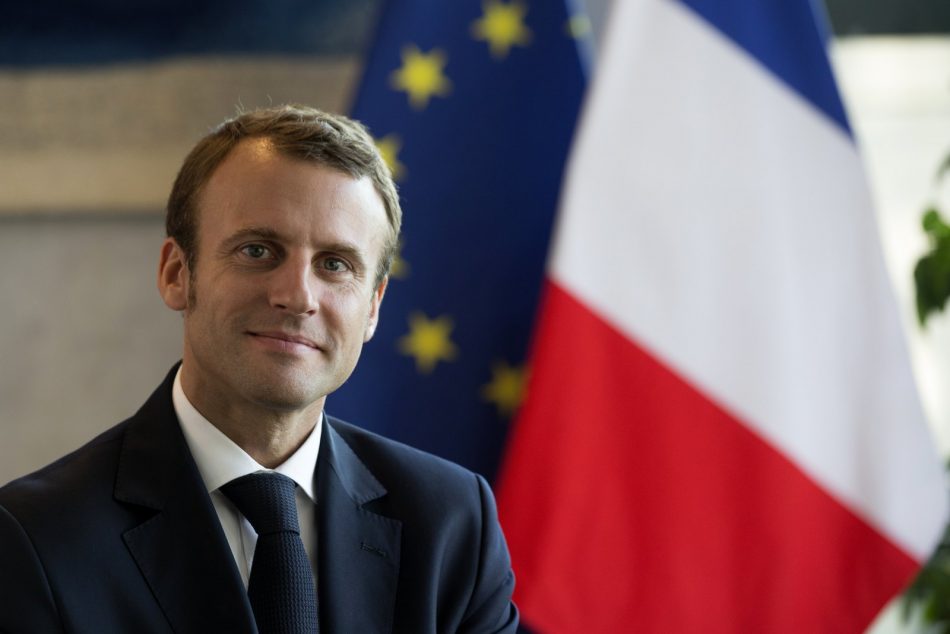
Emmanuel Macron arrived at the Elysee Palace as the French wager on humanism and liberalism. Above all, the current president represented a resounding rejection of the populist poison; the very populism that Russia used to campaign for the worst in Latin America and seeks to wreak havoc in the old continent through fake news and leaders who are not very charismatic (but who still have more charisma than ideas).
How has Macron maintained his popularity (44% of favourable opinions) midway through his term despite a bodyguard scandal (for most of it, product of sensationalism by much of the French press) and the yellow vests demonstrations, known (and sometimes emulated) around the globe? The answer is simple – an outstanding performance. And it deserves to be studied, especially in a polarized world that does not understand the Macron administration (and often, when we are not able to assimilate something intellectually, we fall into the evergreen temptation of contempt without arguments).
Emmanuel Macron has been a textbook liberal. It is no coincidence that his main opponents (Jean-Luc Mélenchon and Marine Le Pen, who know as much about economics as myself about hydraulic engineering) are two staunch protectionists and defenders of absurd taxes. In fact, one of the main criticisms made to the French president (and that has been gilets jaunes’ war horse) is his categorical rejection of the wealth tax (ISF).
The economic measures implemented by Macron and his team – Prime Minister Edouard Philippe, an irreplaceable asset for the government – have surprised experts positively. Unlike its neighbors, France does not rely as much on exports, and has been less affected by the economic slowdown that threatens the eurozone thanks to its high domestic consumption. Thus, it is likely to become the most robust economy on the continent, leaving the seemingly invincible Germany (in a technical recession) in second place.
The increases in GDP and purchasing power, as well as the decrease in the number of civil servants (beyond initial expectations), reveal that Emmanuel Macron not only knows what he is doing today, but he seems to have a plan for the next five years.
The gilets jaunes (yellow vests) movement emerged in October 2018 as a reaction to a proposal to increase carbon taxes. The measure, which was part of the president’s environmental plan aiming to encourage the use of public transport, was never implemented. However, a fraction of the activists – with the support of representatives of the most extreme political models – continued (and still continue) to protest every Saturday, causing deaths and losses worth millions to the French state and countless private individuals (mainly restaurants and luxury shops). Unfortunately, a burning tire in the middle of Champs-Elysees makes headlines more easily than, for example, the creation of 70,000 companies in September this year alone, as it has actually been the case in France.
Another recurrent criticism of Emmanuel Macron is an instance of hesitation on his part regarding the free trade agreement between the European Union and Mercosur. These hurried detractors, ironically, are usually the same ones who praise Trump’s protectionism and cumbersome ways. But, for some unknown reason, when the French president plays with the same cards, he becomes the most despicable of beings. The same way that the US president says in a dubious quality letter to Erdogan that he does not want to be “responsible for destroying the Turkish economy,” Macron demands this Brazilian counterpart to respect the Paris Agreement; otherwise there will be no free trade agreement at all. That’s politics, guys, that’s how things work.
In his two and a half years as president of France, Macron has performed well, perhaps better than at least two of his predecessors. The international press, which has often almost exclusively echoed the local opposition media, should be aware of that.
 Versión Español
Versión Español













